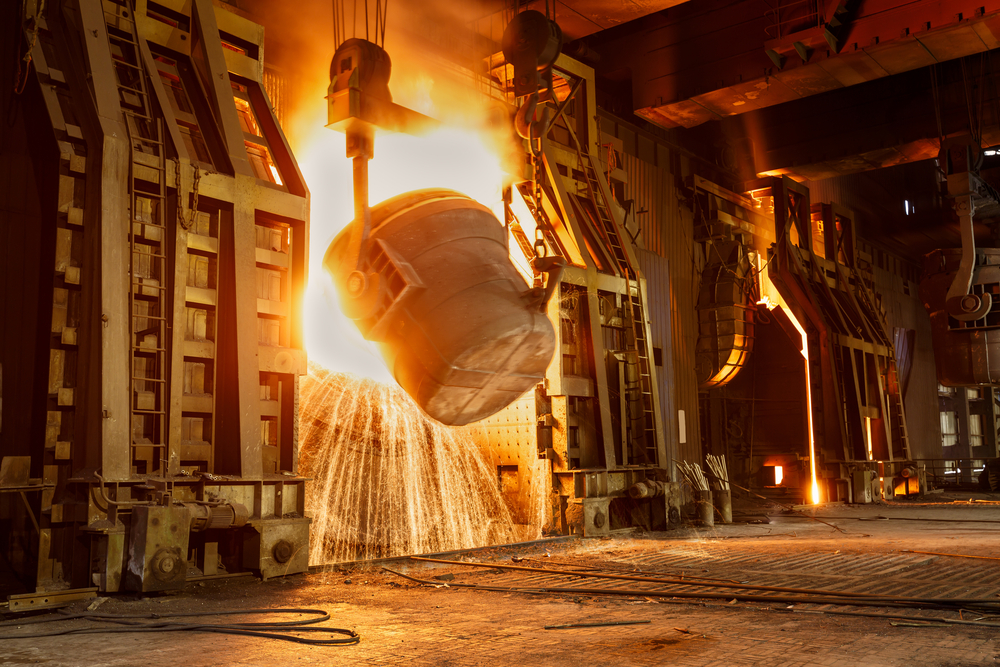The German economy is under unprecedented pressure in decades. At the steel summit in the Chancellery, Chancellor Friedrich Merz, together with representatives from industry and labor unions, sought solutions to the energy crisis. But instead of sustainable strategies, a familiar pattern prevails: subsidies, rising costs, and paralyzing bureaucracy. A growing number of companies are complaining about deindustrialization and the loss of their competitiveness. The industry summit was intended to provide guidance, but the results remain vague.
The Steel Summit as a Symbol of Failed Policy
Energy costs remain the core problem. Electricity prices of 16 to 17 cents per kilowatt-hour are forcing even strong companies onto the defensive. France and the USA are using nuclear power, thus securing significant competitive advantages. In Germany, the electricity crisis is destroying jobs, profits, and tax revenues. The steel summit illustrates just how out of control the situation has become.

The German government is relying on relief through state aid, but the effect remains minimal. A planned industrial electricity price starting in 2026 could devour up to four billion euros annually. Some experts even anticipate sums in the tens of billions. In the end, the taxpayer finances the deficit – directly or through inflation.
Subsidies as a Vicious Cycle
Subsidies are increasing, but the problems persist. The state distributes money that it previously raised through higher taxes or new debt. The system exacerbates deindustrialization because centrally planned interventions stifle market dynamics. The industry summit also demonstrates that without market-based energy prices, Germany will lose its competitiveness.
While the EU Commission is still adhering to state aid limits, political compromises are emerging. The vicious cycle of state aid and bureaucracy stifles all innovation.
The End of Illusions
The EU’s so-called “Green Deal” is colliding with reality. Increasingly stringent regulations are burdening businesses, while production is migrating abroad. The mere implementation of new regulations has created 325,000 additional administrative positions – not for research or export, but for paperwork in the bureaucratic jungle.
Companies view the supply chain law as a symbol of overregulation. The steel summit makes it clear that politics and industry have long been moving in opposite directions.
Energy Crisis with No Way Out
The loss of Russian gas imports and the shutdown of nuclear power plants have exacerbated the energy crisis. Cheap energy from the US is drawing investors away. While deregulation and low prices are fostering growth there, Germany is struggling with expensive LNG imports. The decline of Germany’s competitiveness is progressing unabated.
Political responsibility would mean admitting mistakes and fundamentally rethinking the subsidy system. But new programs are merely masking the consequences of a misguided energy policy.
Deindustrialization as a Permanent Condition
The planned industrial electricity price does not mark a comeback, but rather an admission of failure. It underscores that competition is impossible under state control. Deindustrialization is accelerating, while the industry summit only produces new promises.
Subsidies are no substitute for strategy, and bureaucracy is no substitute for innovation. Germany’s economy needs reliable energy, clear rules, and less ideology. As long as these are lacking, the steel summit will remain a symbol of the decline of Germany’s competitiveness. (KOB)
